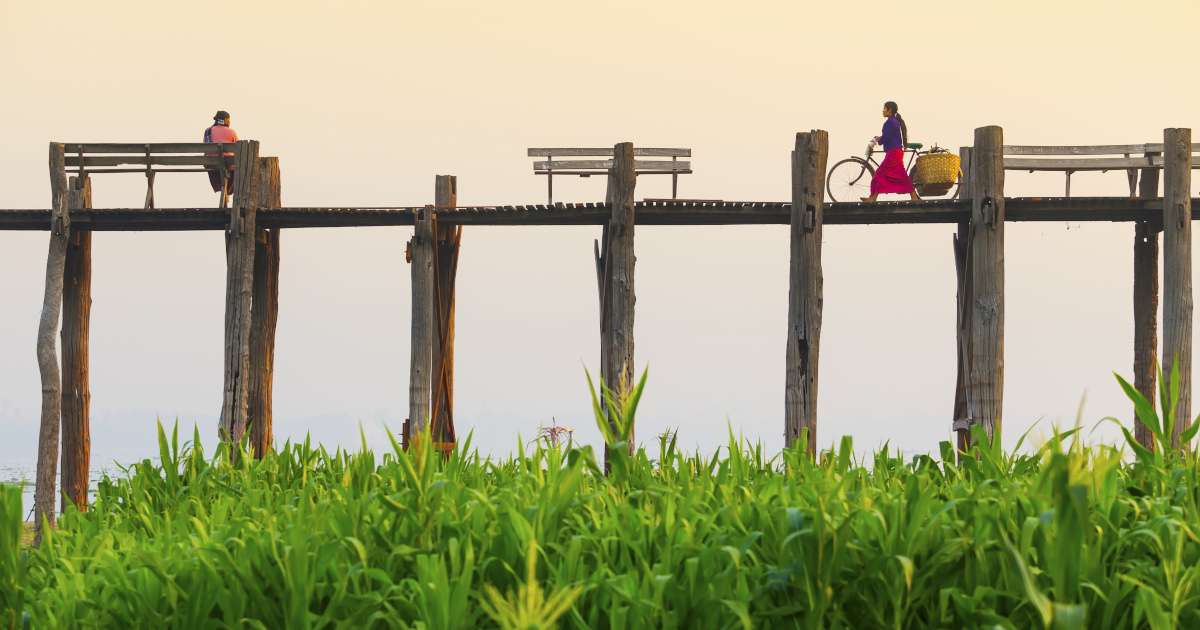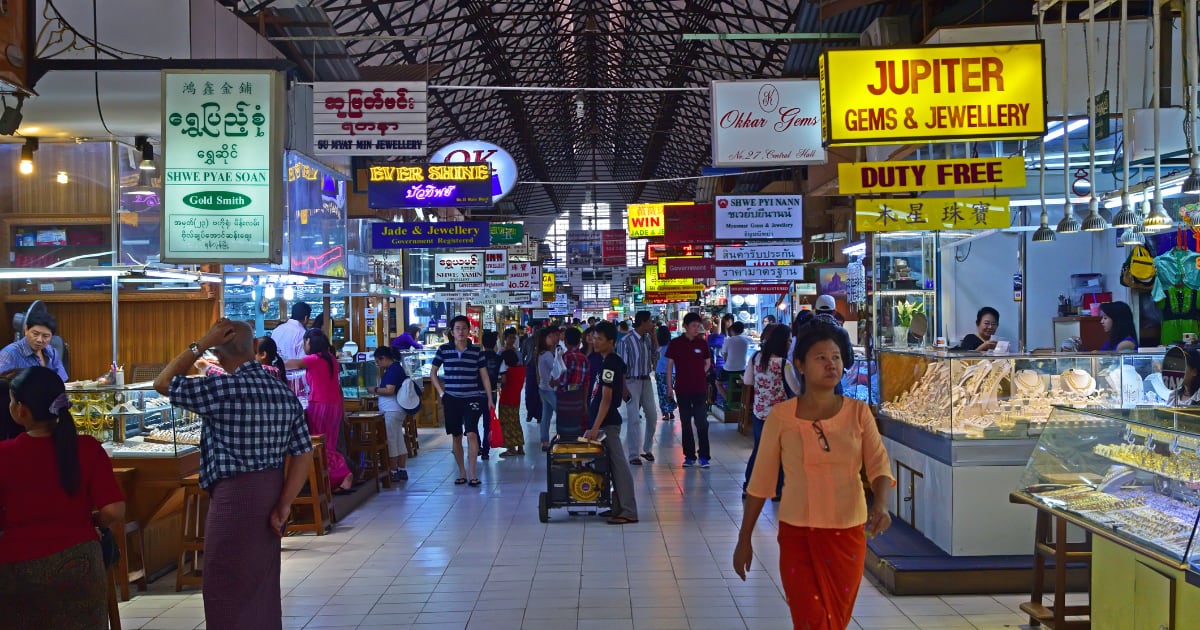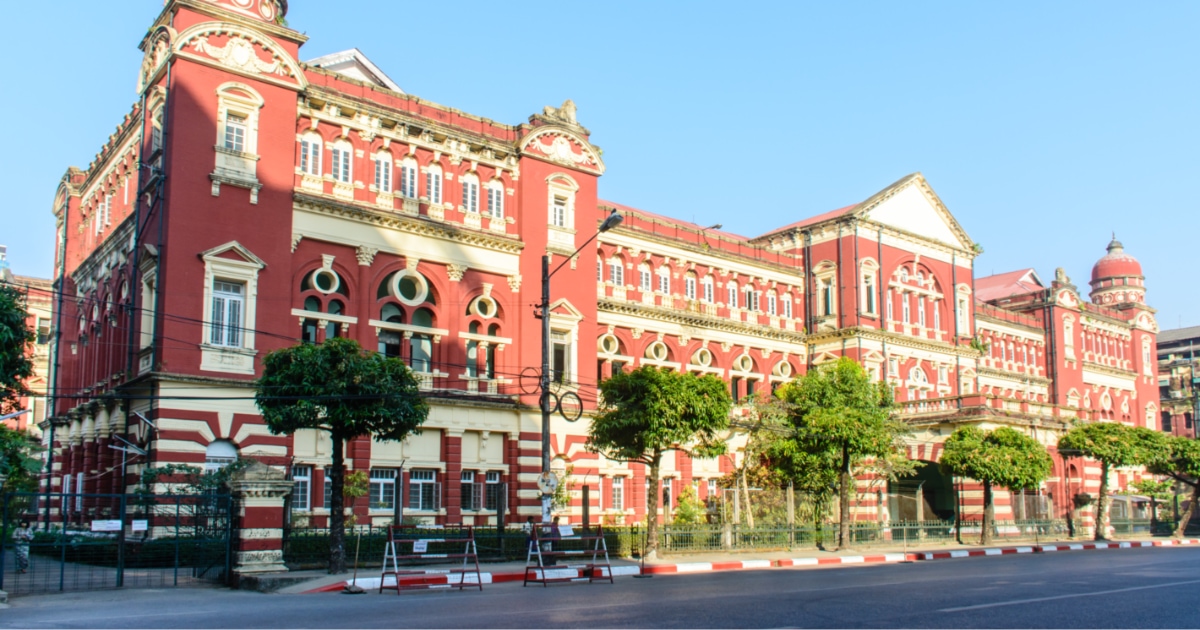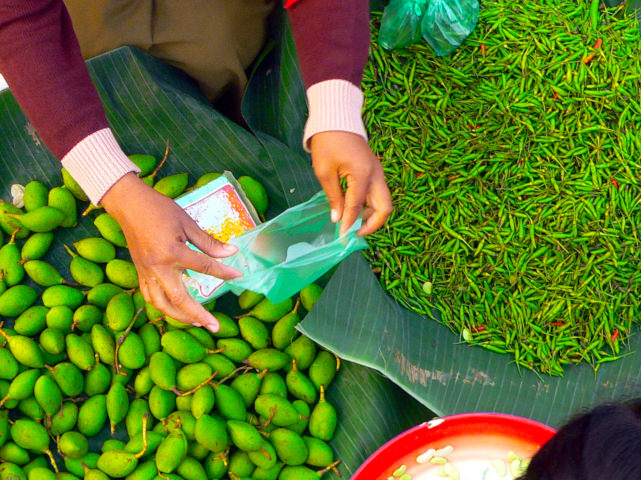
Myanmar remains a predominantly agrarian society. Approximately two thirds of the country’s population continues to earn a living from the land. As agriculture has been a backbone of the Myanmar economy and largest population to be employed in the agro-sector, developing a modern and mechanised agro-based industry has been one of the top priorities of the government. The agriculture sector contributes to 37.8pc of GDP, accounts for 25pc to 30pc of export earnings and employs 70pc of the labour force. Myanmar’s primary agricultural produce is rice which accounts for approximately 60% of the country’s total cultivated land area and for approximately 97% of total food grain production by weight.
Like other sectors, agriculture in Myanmar has suffered greatly as a result of the country’s international isolation. State investment in agriculture and food sciences and technology has been limited. As a result, the sector is need of reform and modernization. Lending to the farming sector remains inadequate. The Myanmar Agriculture Development Bank, which was established to promote agricultural, livestock and rural economic enterprises, has been providing increased funding to famers, however there remains serious problems relating to indebtedness insolvency and illiquidity.
As part of its reform initiatives, the government introduced the Farmland Law and the Vacant, Fallow, and Virgin Land Management Law. These two pieces of legislation are expected to form the legal framework for the country’s land reform. Pursuant to the new laws, the state remains the ultimate owner of all land. However, farmers can now transfer or mortgage their land to repay their loans. An independent Central Farmland Management Body (CFMB) has been established to ensure compliance with the new regulations. The CFMB has the right to transfer or revoke the right to work farmland, and undertake land evaluations for various reasons. It operates under the auspices of the Ministry of Agriculture and Irrigation and will have central, regional and village offices. In 2018, the law Amending the Vacant, Fallow and Virgin Lands Management Law was introduced. The expression “the Ministry of Agriculture and Irrigation” was then substituted by the expression “the Ministry of Agriculture, Livestock and Irrigation”.
Myanmar’s subtropical climate and rich soil are conducive to the growth and cultivation of over 60 crops from rice and sugarcane in the central belt to vegetables in the more temperate zones in the north. Arable land represents about a quarter of the country’s total land mass of which approximately half is currently being cultivated. If it can overcome the challenges ahead, Myanmar will be on course to develop a dynamic, open, productive and diversified rural sector.
The liberalisation of Myanmar’s economy is likely to present numerous opportunities in food production, processing, research and technology, packaging and distribution industries among others. The sector stands to benefit from international investment particularly in the value added services. The sector will also be boosted through the completion of infrastructure projects such as the deep-sea port and industrial estates in Dawei which will provide a gateway to the Indian Ocean, the Middle East, Europe and Africa.
The key piece of legislation concerning the development of agricultural land is the Vacant, Fallow and Virgin Lands Management Law.
The United Nations Economic and Social Commission (ESCAP) for Southeast Asia and the Pacific has produced a number of working papers on Sustainable Agriculture Development Strategies for the Least Developed Countries of the Asian Pacific Region. The ESCAP paper on Myanmar is accessible here.
Agricultural Laws
Other miscellaneous laws applicable to the agriculture sector include:
- Farmers’ Right Protection and Enhancement of Benefit Law 2013 and Amending Law in 2018
- Fertiliser Law 2002 and Amending Law in 2015
- New Plant Variety Protection Law 2019
- Pesticide Law 2016
- Seed Law 2011 Amending Law in 2015
Foreign Ownership
Foreign investors are permitted to own 100% foreign ownership businesses which are not contained in restricted and prohibited list in line with the MIC notification 15/2017. In some restricted activities, foreign investors are permitted to own up to 80% of share in case of joint venture partnership with local citizen.
Recent Investment
Despite many challenges in agricultural industry, foreign investment in agri-machinery seems to be increasing. In 2018, Swiss company Bühler, industrial solutions provider for food processing and manufacturing of advanced materials has set up its first factory engaging the importation and sales of its milling machineries and assembling in Thilawa SEZ. Kubota Myanmar Company Limited, a subsidiary of Kubota Corporation from Japan has launched its office in Thilawa SEZ since 2015 for strengthening its agricultural related machinery business. Besides this, the MoALI have been striving to establish contract farming procedures seeking to boost agricultural production opportunities and ensuring farmers enjoy contracts with foreign investments. It is also expected that in very recent news, some local firms will partner with Chinese firms to grow maize and paddy rice production for enhancing the regional production, anticipating to make farming in 11500 acres of maize and 8200 acres of paddy in Myanmar.







